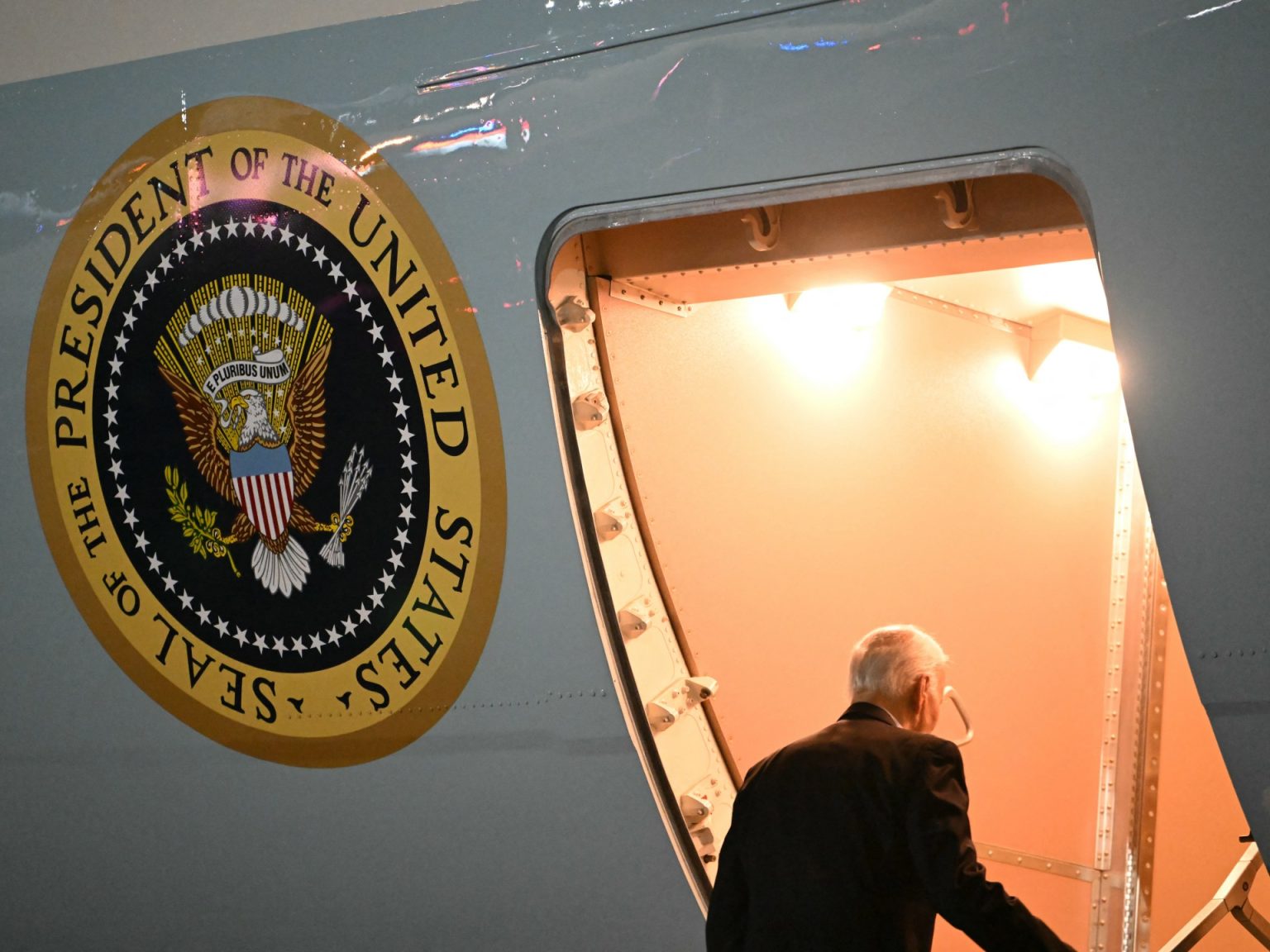United States President Joe Biden’s inaugural bilateral visit to Africa, taking place in Angola, marks a significant moment in his presidency as he seeks to strengthen ties with the continent before the impending handover to Donald Trump. Scheduled to arrive in Luanda following a brief stop in Cape Verde, this visit is being viewed as a concerted effort to re-establish U.S. influence in Africa, countering the growing power of China. Analysts indicate that the trip, initially slated for October, highlights Biden’s commitment to fulfilling longstanding promises to engage with African nations. During this two-day stay, Biden plans to inspect the Lobito Port, a critical hub in U.S.-Angola trade relations, focusing on a major infrastructure project aimed at transporting vital minerals like cobalt and copper from the resource-rich Democratic Republic of Congo (DRC) to international markets.
Despite his promises, Biden’s administration has drawn criticism for its tardy engagement with Africa. The president’s only visit to the continent before this week was to Egypt for COP27, leading many to argue that Africa has not ranked as a priority for his leadership. Biden’s commitment was voiced during a summit with African leaders in December 2022, where he announced a $55 billion support package and declared U.S. solidarity with Africa. However, the anticipated visit only materialized now, highlighting the importance of presidential trips to Africa—regarded as unique opportunities to foster deeper connections. Many analysts believe that this visit is more crucial for Biden, who hopes to leave a legacy in Africa, than for the continent itself, which is preparing for a future under a potentially different U.S. leadership.
As U.S. influence weakens in Africa and nations like China and Russia solidify their presence, Biden’s approach has evolved since taking office. Once the largest trade partner in Africa, the U.S. has witnessed China surpass it in the role since 2013, and recent events underscore America’s dwindling strategic foothold on the continent, including the loss of a key military base in Niger. The 2022 release of an ambitious Africa strategy aimed to reposition U.S. efforts from mere trade relations to elevating Africa’s leadership at international stages, including advocating for permanent seats on the United Nations Security Council. However, this strategy faltered as actionable results were limited, despite high-level visits by other officials, while Biden prioritized trips to Europe and the Middle East.
The timing of Biden’s visit to Angola is particularly strategic, as it aligns with U.S. interests in leveraging major development initiatives in the region. Central to this agenda is the $800 million Lobito Corridor railway project, designed to optimize the export of cobalt and copper sourced from the DRC, thus catering to the growing demand for materials crucial in the green energy sector. Constructed with financial backing from the U.S. and European Union, the upgraded rail network aims to facilitate faster mineral exports, helping to mitigate the competition from China, which has already established significant supply chains in the region through its Belt and Road Initiative.
Biden’s visit also serves to reaffirm U.S.-Angola ties, particularly as Angola takes on a mediating role in regional conflicts, notably between the DRC and Rwanda over violence in eastern Congo. While Angola has historically had close ties to China and Russia, President Joao Lourenco’s administration has shifted its focus towards a partnership with Washington, leading to increased trade relations. However, criticisms emerge regarding alleged human rights violations under Lourenco’s governance, which could cast a shadow over Biden’s trip. Analysts contend that by overlooking these issues, Biden risks inadvertently endorsing an unpopular regime, while advocates assert that the U.S. should uphold democratic ideals and human rights in its foreign policy approach despite strategic incentives.
As Biden fulfills his long-awaited visit to Africa, the broader implications for U.S.-Africa relations remain uncertain, particularly regarding the administration’s capacity to deliver on previously set goals. While the African Union recently achieved permanent member status in the G20, substantive progress toward African representation on the UN Security Council remains elusive. The prospect of a Trump presidency raises concerns among observers who anticipate a potential regression to transactional trade-focused relationships, prioritizing competition with Chinese and Russian influence while possibly sidelining human rights and democratic values. Nevertheless, projects like the Lobito Corridor have the potential to sustain U.S. investment in Africa, reflecting a dual approach to enhancing economic ties while addressing pressing geopolitical dynamics.

